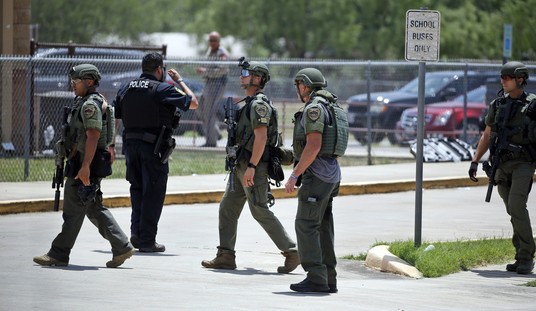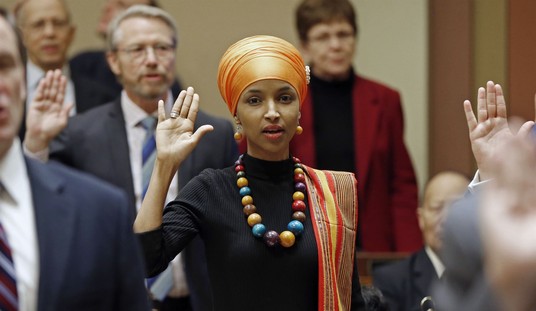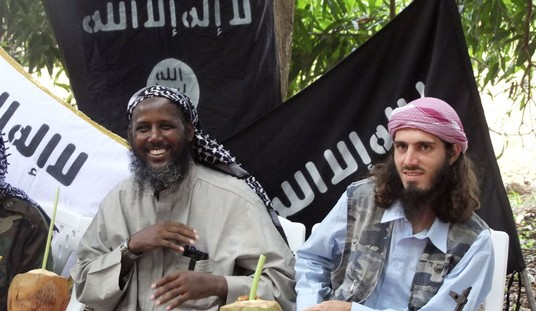Worth watching in its entirety, as Joe Scarborough pings the consequences of the drone-strike memo back and forth with Michael Isikoff, but the best reactions take place near the beginning of the video. Isikoff points out that the restrictive language in the memo is almost meaningless, and that it shifts the burden of proof to the target rather than the government. Scarborough calls this “frightening,” and argues that it far surpasses anything done by the Bush administration in the war on terror:
Visit NBCNews.com for breaking news, world news, and news about the economy
Ryu Spaeth makes the same point for The Week:
“If George Bush had done this, it would have been stopped.” That’s how MSNBC host Joe Scarborough characterized a Justice Department memo obtained by NBC News that outlines the Obama administration’s legal rationale for killing American citizens suspected of helping al Qaeda prepare a terrorist attack on the United States. Critics say the 16-page document gives President Obama essentially unlimited powers to target U.S. citizens without trial, raising a host of ethical and constitutional questions about the administration’s heavy reliance on drone missile attacks to enfeeble the terrorist network.
What criteria does the government need to meet to justify an attack on an American member of al Qaeda? According to the memo, an “informed, high-level official” within the government must determine that: 1) the individual in question poses “an imminent threat of violence attack against the United States”; 2) capture of the individual is “infeasible”; and 3) the attack is “conducted in a manner consistent with” the laws of war.
Upon even a cursory examination, however, these constraints are virtually meaningless. The government is not required to “have clear evidence that a specific attack on U.S. persons will take place in the immediate future.” Furthermore, the feasibility of capture can be determined by several factors, including if it would simply be too risky for U.S. personnel to conduct a capture operation, or if a capture operation would imperil a “relevant window of opportunity.” There are miles of space to maneuver within the so-called constraints.
Harold Koh was one who complained very publicly about the Bush-era interrogation justifications, and was rewarded with a key position in the Obama administration. Spaeth points out that Koh has been one of the architects of this drone policy:
In 2010, Harold Koh — then the legal adviser of the State Department, and a fierce critic of the Bush administration’s terrorist policies — was the first Obama official to publicly lay out the broad legal justifications for drone strikes. Attorney General Eric Holder last year said the Constitution’s guarantee of due process does not necessarily entail a “judicial process” in situations in which national security is at stake. The hope in some quarters is that a more watertight legal framework will emerge, narrowing the use of drones to highly specific situations.
So far though, the Obama administration hasn’t produced that plan. Indeed, the administration hasn’t voluntarily offered up anything to the public that would shed light on its decisions.
Meet the new boss … worse than the old boss.








Join the conversation as a VIP Member